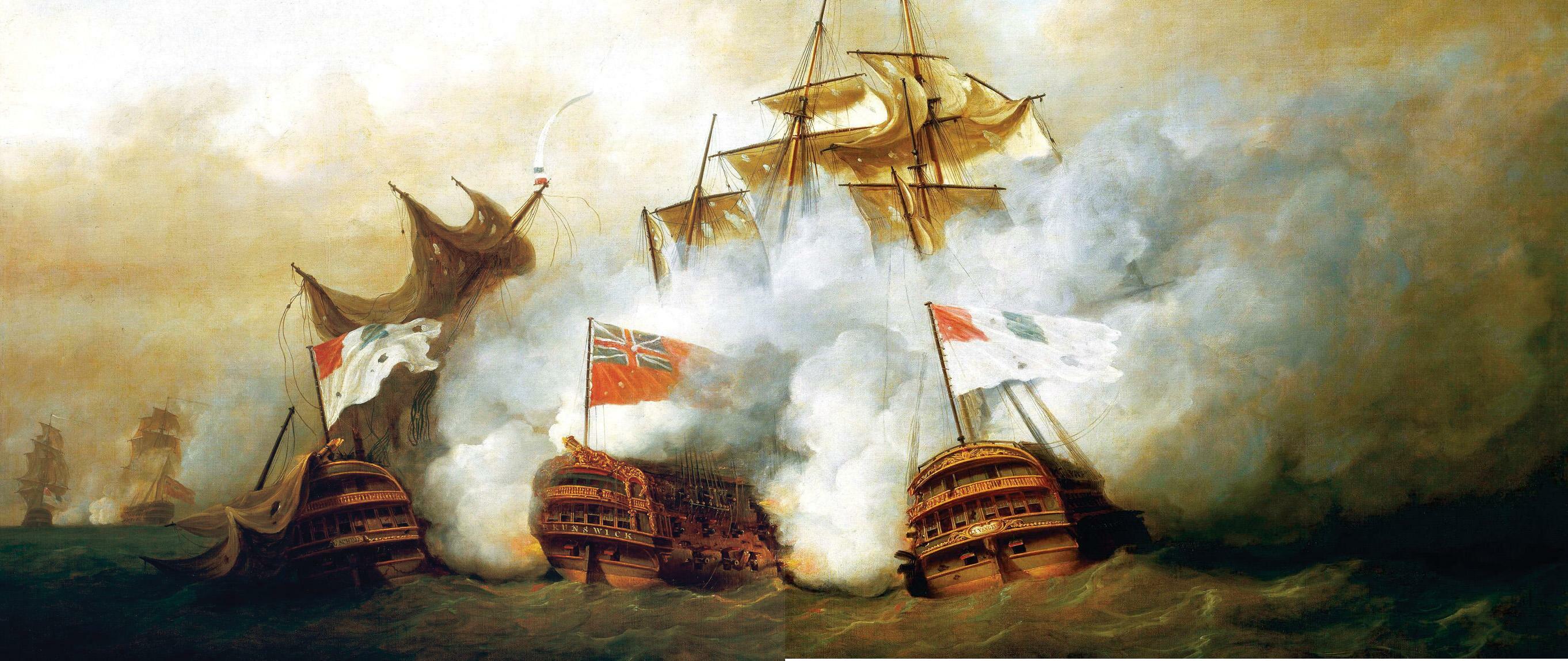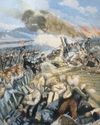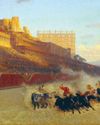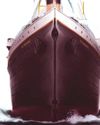Try GOLD - Free
THE GLORIOUS FIRST OF JUNE
All About History UK
|Issue 152
ATLANTIC OCEAN, 400 NAUTICAL MILES WEST OF USHANT 28 MAY - 1 JUNE 1794

It's not uncommon for both sides involved in a battle to claim victory. Desperate commanders terrified of disgrace, propaganda machines at home demanding success, even confusion in the aftermath of a battle can all lead to conflicting reports of the outcome. However, it is less common for both sides to have a valid claim to victory.
The naval confrontation known as The Glorious First of June in Britain, and Bataille du 13 prairial an II in France, is one of the exceptions. Each side sailed away from a brutal, prolonged fight satisfied that they had done their duty, and each side was justified in their opinion.
BACKGROUND
In 1794, France was slowly starving. The upheaval of the revolution, coupled with bad weather, had led to meagre harvests. France's enormous new armies were sucking up manpower, including many agricultural workers, and in some regions there were too few available to gather the crops.
On the battlefield, France had cause for optimism, but if the new armies could not be fed, the new French Republic might die in its cradle.
Food needed to be found somewhere, but France had few friends. One sympathetic power, the newly formed United States of America, was officially neutral but willing to assist the country that had done so much to win America's independence from Britain. With the help of a middle-man (so there was no direct interchange of money or produce between the two nations) a massive supply convoy was gathered off the east coast of America.
Among the supplies were 67,000 barrels of flour, as well as coffee, cotton, salted beef, bacon and more. An escort of 12 warships was put together to protect the merchantmen (around 156 transport ships made up the convoy, with some estimates putting that number even higher). The vast quantities of food promised salvation, at least for a while, for the beleaguered French.
This story is from the Issue 152 edition of All About History UK.
Subscribe to Magzter GOLD to access thousands of curated premium stories, and 10,000+ magazines and newspapers.
Already a subscriber? Sign In
MORE STORIES FROM All About History UK

All About History UK
Medieval Pilgrimages
From penance to indulgence, everything you need to know about Christian holy journeys in Middle Ages Europe
9 mins
Issue 159

All About History UK
MUKDEN 1905
MUKDEN, MANCHURIA, CHINA 23 FEBRUARY - 10 MARCH 1905
11 mins
Issue 159

All About History UK
BEWARE BABA YAGA
Folklore expert Willow Winsham explains the history behind the mystery of this fearsome witch from Slavic legend
8 mins
Issue 159

All About History UK
ROYAL SCANDALS
THAT THREATENED THRONES
11 mins
Issue 159

All About History UK
DISASTER PLAN
How a lethal mixture of arrogance, fear and blind faith condemned millions of Chinese to death
10 mins
Issue 159

All About History UK
THE GODS OF NEW YORK
How a decade of turmoil shaped the Big Apple
1 mins
Issue 159

All About History UK
LOST ANCIENT SPORTS
Professor Peter J Miller discusses which ancient sporting traditions have continued into our modern world and which have been lost to time
4 mins
Issue 159

All About History UK
TERRACOTTA PANATHENAIC PRIZE AMPHORA
This ancient vase holding precious olive oil was gifted to the victors of an ancient athletic contest
1 mins
Issue 159

All About History UK
HENRY VIII HAD DIED YOUNG?
Without England's most notorious Tudor king, the country's religious and political history would've looked very different
6 mins
Issue 159

All About History UK
TITANIC MAKING AND BREAKING THE SHIP OF DREAMS
Uncover the inherent flaws and misplaced confidence that allowed a catastrophe to unfold
12 mins
Issue 159
Listen
Translate
Change font size
